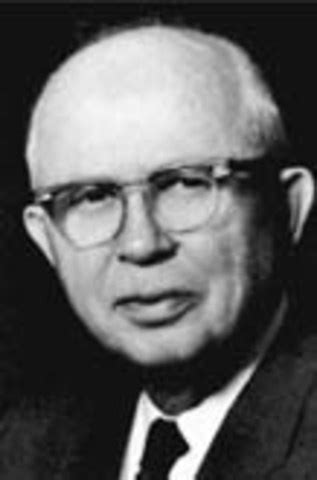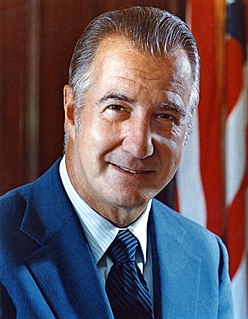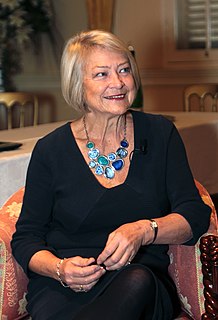A Quote by Anurag Kashyap
There shouldn't be any censorship on making a film.
Quote Topics
Related Quotes
One of the curious things about censorship is that no one seems to believe in it for himself. We want censorship to protect someone else— the young, the unstable, the suggestible, the stupid. I have never heard of anyone who wanted a film or speaker banned because otherwise he himself might be harmed.
I am not asking for government censorship or any other kind of censorship. I am asking whether a kind of censorship already exists when the news that forty million Americans receive each night is determined by a handful of men responsible only to their corporate employers and filtered through a handful of commentators who admit to their own set of biases.






































